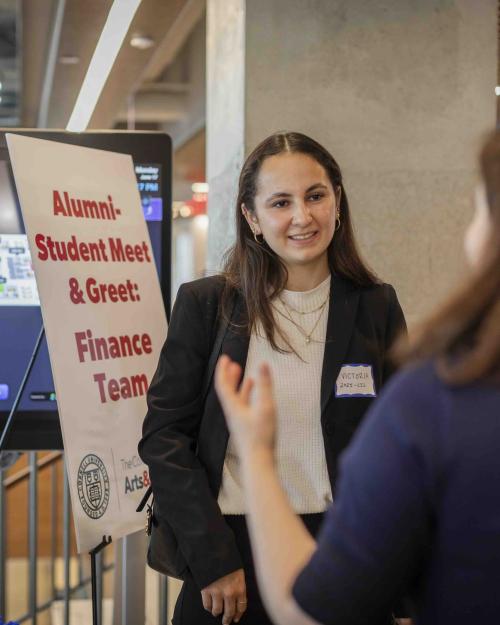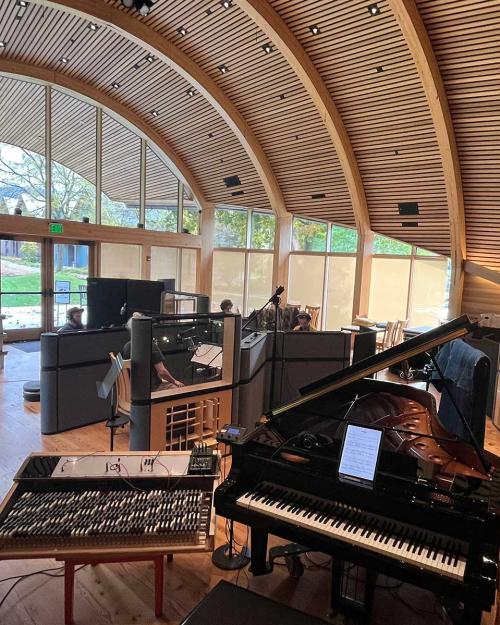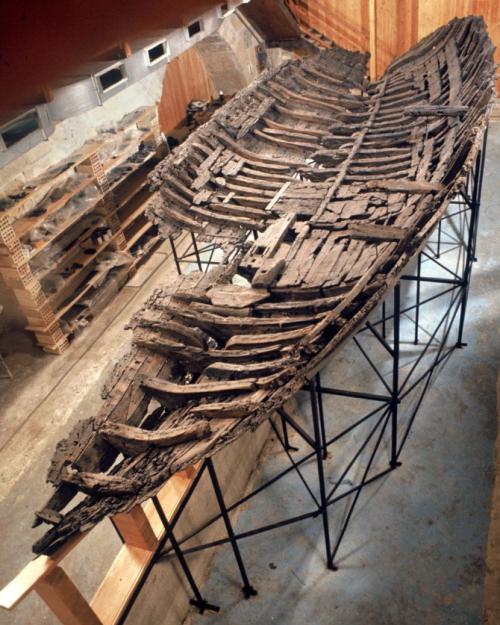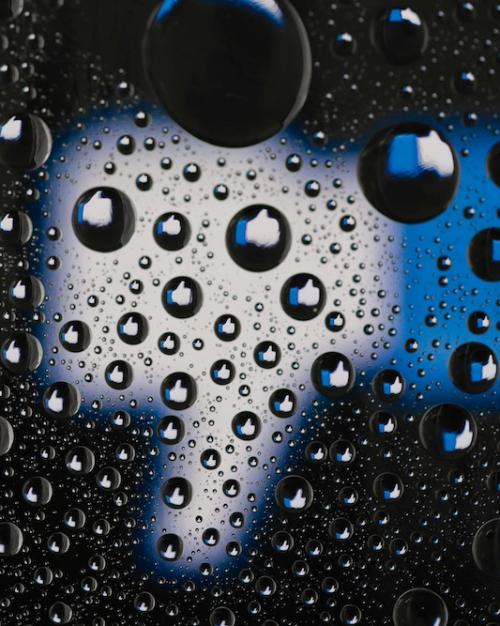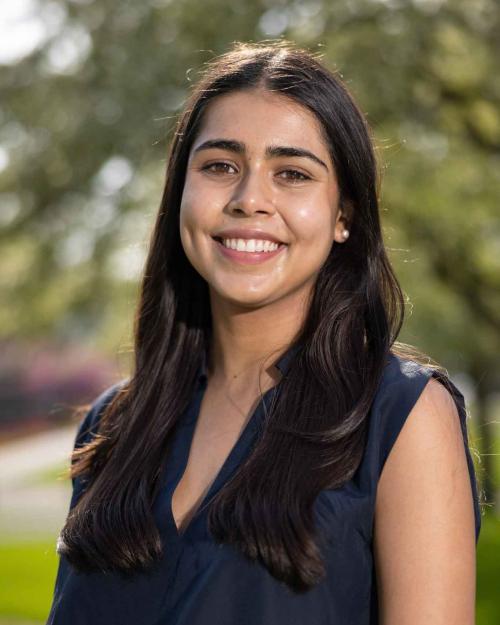Mayanka Dhingra
History & Science & Technology Studies
New York, N.Y.
Why did you choose Cornell?
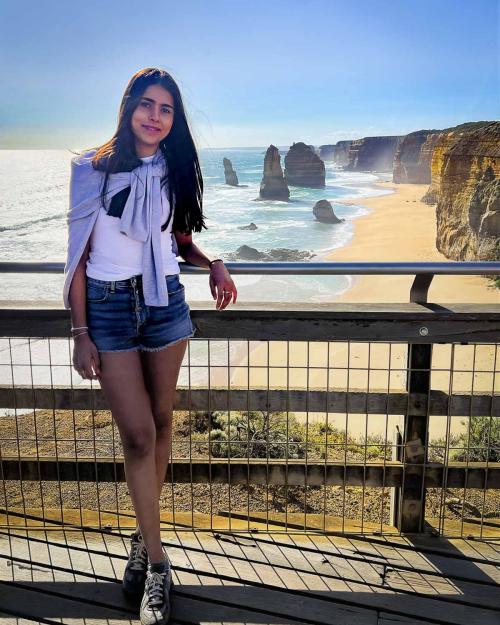
I chose Cornell because I had a sense that this was my future school when I visited on a whim a few weekends before the early decision deadline back in 2019. The Arts Quad had the feel of a small liberal arts college with professors who would know me as a student and expand my mind through conversations about niche topics we would spend a whole semester on. The broader campus had a vibrancy of things I didn’t know — schools of hotel management, agriculture, human development and more. I knew I would be entering a dynamic space where I could learn from people dissimilar from me and alike. Each season would bring new traditions and pastimes, and I was excited to go to college in a place where everyone else there could share in certain quintessential Cornell experiences. Reflecting on my time here, Cornell has been all these things and more because back then I would never know the amazing people I was about to meet who I am now lucky to call my best friends.
What was your favorite class and why?
My favorite class is Histories of the Future. Though the course title left much to be imagined, on my first day, I thought I must be in the wrong place, for everyone there seemed to love science fiction, and I had never even seen "Star Wars." Through science fiction short stories and novels, Professor Rachel Prentice created a lab space for conversations about identity, race, ethics and humanity. While history informed the foundations of the worlds we discussed, visions of imaginative futures prompted us to ask difficult questions about how different actors experienced these hypotheticals and consider the kind of world we want to live in. All of us brought a unique perspective to these texts, so our discussions were incredibly enriching. Science fiction is now one of my favorite genres because of how it makes you think.
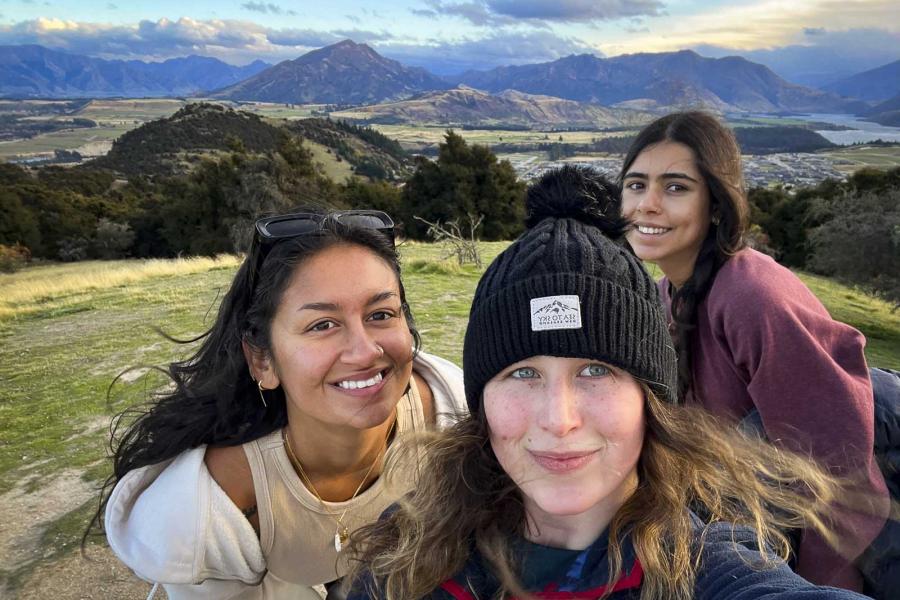
What is your main extracurricular activity and why is it important to you?
While a number of groups have been meaningful to me, Cornell’s Intellectual Property and Ethics Club (CIPEC) is something that I have devoted a great deal of time to. Our club helps raise IP awareness and works with student startups and clubs to educate them on how IP affects their work. This often takes the form of research consulting pitches based on their field. We’ve worked with groups such as SlopeMedia, Cornell Fashion Collective, Cornell Medium Design, RapStudy, and Aunt Flo’s Kitchen among others. CIPEC has enhanced my college experience by allowing me to connect with talent and creativity across so many corners of Cornell that I’m not sure I would have otherwise had the opportunity to. I’m lucky to have been able to help support the incredible work my peers do and get to meet great people along the way.
What are the most valuable skills you gained from your Arts & Sciences education?
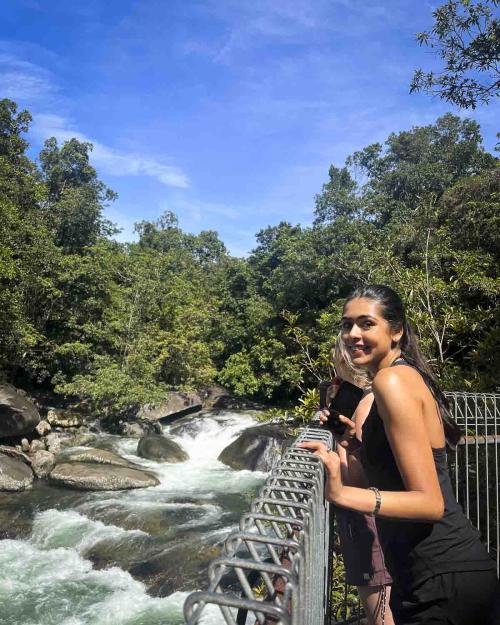
One of the most valuable skills I gained from my Arts & Sciences education is the ability to think across disciplines. Being in Arts helped me naturally find my two majors thanks to a cross-listed class. Pursuing those two majors has encouraged me to think widely when it comes to problem solving, but also to proceed with a sensitivity to the ways in which seemingly past issues and injustices continue to permeate our present world. Along the way, I’ve also had to fill a range of requirements that have sent me into new departments and modes of thinking. I’ve often found myself sharing knowledge from one class in another as an example of how I might be thinking about a problem or solution or coming up with counterexamples. This broad-based education has taught me that real world issues often don’t fit into the neat boxes of disciplines we assign in school and that creating earnest solutions must too reflect this reality.
What have you accomplished as a Cornell student that you are most proud of?
I came to Cornell certain I would be a history major. History had always been my way of understanding the world, and my classes in high school facilitated in-depth discussions of historical issues and exposed me to articles in academic journals. I deeply admired these authors’ writing and careful argumentation. I once famously told my advisor that it was “my dream to be on JSTOR (a digital library of academic journals, books and primary sources) one day.” Sure enough, once I got here I passionately engaged in classes like Corruption, Collusion, and Commerce in the Caribbean and The History of Environmental Justice: Past, Present, Future. These seminars have fulfilled all my hopes of what being a history major in college would mean. Because of the small class sizes, my professors have helped me work on my persistent goal of writing with concision and conviction. I’ve watched myself grow immensely as a writer and historian over the last three years. Now, as a senior, writing a thesis has been one of the most extraordinary experiences of my academic career. While I typically received a prompt in response to a given set of readings, writing a thesis begins with a blank canvas. Initially, the thought was daunting. I learned to let my sources guide me, let my arguments change and developed my own voice as a writer. As an aspiring young history student, I could only dream I would ever write something of this length and caliber. My thesis took me to London to research at the British National Archives and has given me a mentor and friend for a lifetime in my advisor, Professor Suman Seth. I am most proud of the work I have produced in this project as it culminates my growth as a history major over these last four years and draws discourse from my STS major as well.
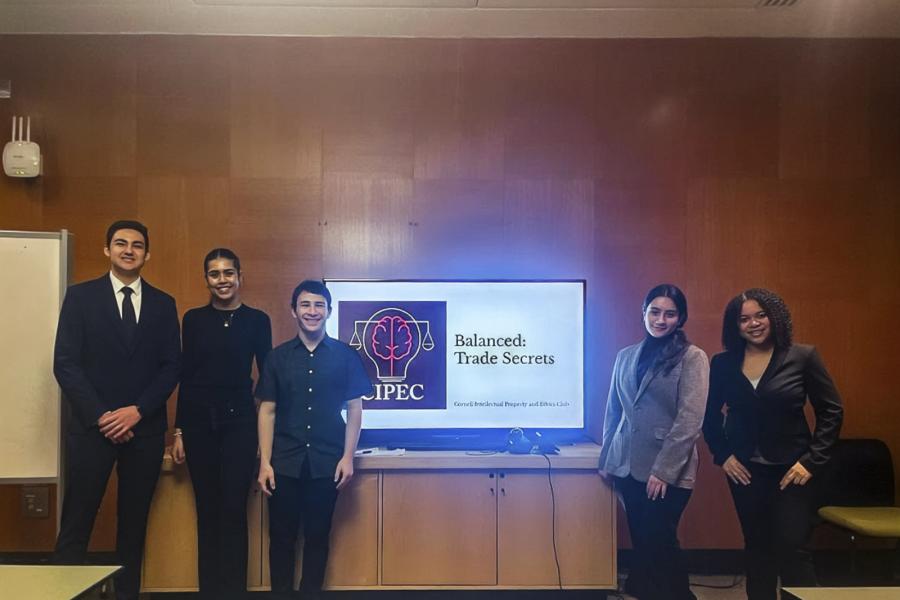
Every year, our faculty nominate graduating Arts & Sciences students to be featured as part of our Extraordinary Journeys series. Read more about the Class of 2024.
